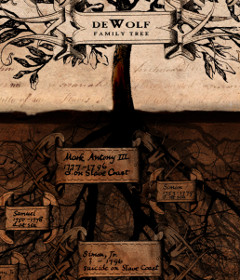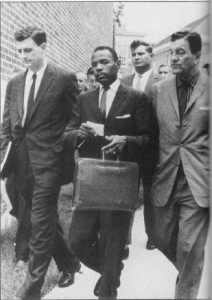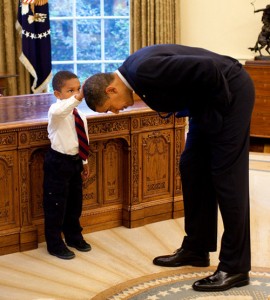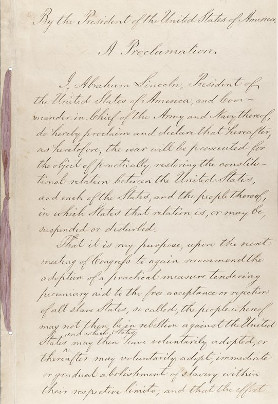“Ten conservatives who have praised slavery”
Posted October 12th, 2012 by James DeWolf PerryCategory: Public History Tags: Jon Hubbard, legacy of slavery, slavery
 Salon is running an essay today, entitled “Ten conservatives who have praised slavery.”
Salon is running an essay today, entitled “Ten conservatives who have praised slavery.”
This essay, by Mark Howard of AlterNet, presents a list of ten well-known conservatives who have suggested that slavery was better than its reputation suggests, or that slavery should be viewed positively because of its impact on black Americans today.
This list was inspired by Arkansas state legislator Jon Hubbard, whose self-published book, it was revealed this week, called slavery “a blessing in disguise.” Hubbard is a conservative Republican, and Howard’s list includes such famous Republicans as Rick Santorum, Michele Bachmann, Pat Buchanan, and Ann Coulter.



 When I sat down this weekend to watch last Thursday’s episode of “The Office,” I was quite surprised to discover that the plot largely revolved around the revelation that
When I sat down this weekend to watch last Thursday’s episode of “The Office,” I was quite surprised to discover that the plot largely revolved around the revelation that 


 Exactly 150 years ago today, on September 22, 1862, Abraham Lincoln issued his first Emancipation Proclamation, declaring that as of January 1, 1863:
Exactly 150 years ago today, on September 22, 1862, Abraham Lincoln issued his first Emancipation Proclamation, declaring that as of January 1, 1863: